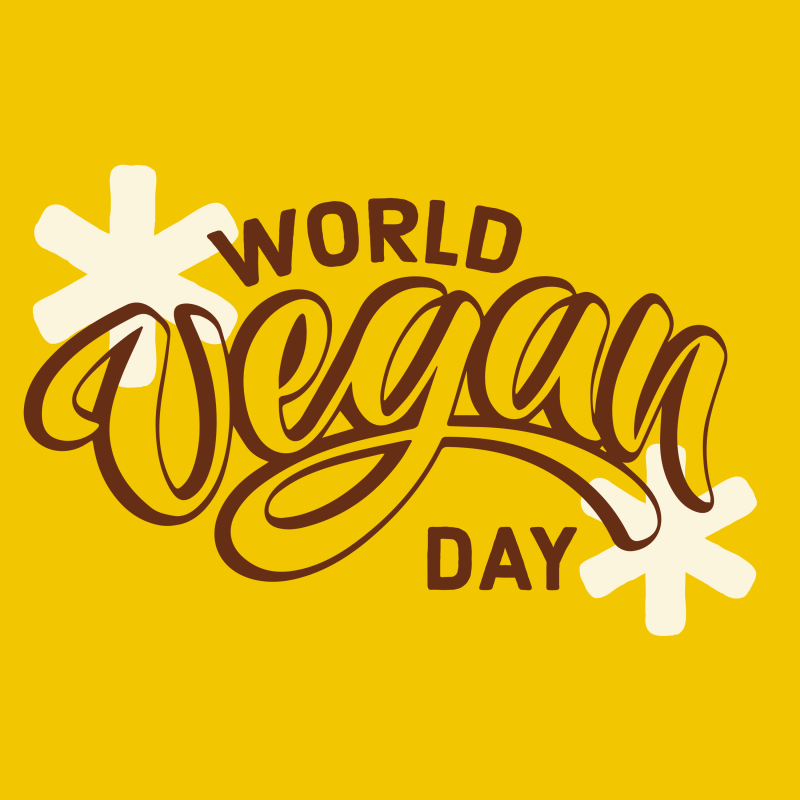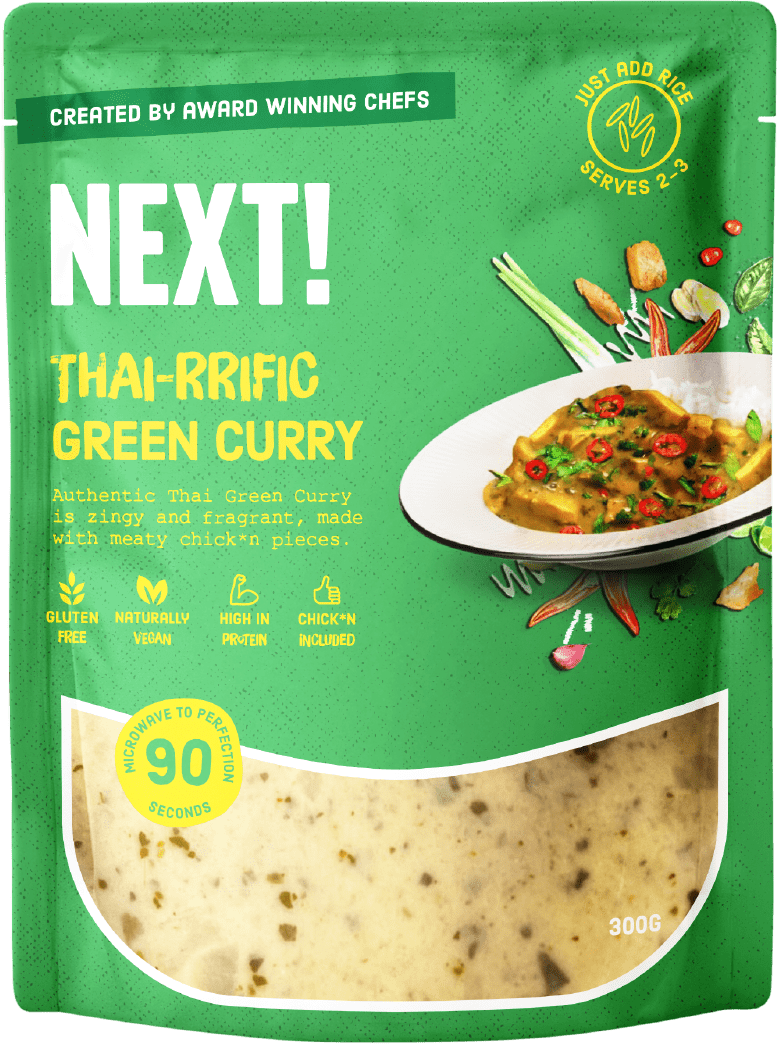What about soy?
25th Jul 2022
We’ve all heard the rumours- Soy is bad for you; soy causes cancer; soy messes with your hormones, but is that all true? Well, in short, no it’s not all true. However, there are reasons why these simplifications have become well-repeated in general society. There are plant hormones in soy, called isoflavones. There have been many studies into isoflavones that suggest everything from anti-cancer properties to cancer-growth properties, from benefits for women’s reproductive health to negative effects on men’s reproductive health. These studies have been performed on animals; on humans; using large doses; using small doses- all returning different outcomes. The key takeaway here is that overwhelmingly in these studies, the scientific community back the safety of eating soy and soy-based products in the quantities that humans do. In fact, some of the reasons we believe soy is bad for us (namely the hormone thing), could actually be why soy is so good for us!
Is soy safe to eat?
In general, soy is considered a safe and nutritious ‘health food’. When it comes to the health benefits of soy, the Harvard School of Health tell us that: “Soy is a nutrient-dense source of protein that can safely be consumed several times a week, and probably more often, and is likely to provide health benefits—especially when eaten as an alternative to red and processed meat.”

What’s the deal with soy and hormones?
Soy in its raw form is a protein-packed bean and a member of the legume family. Unlike other beans in the legume family, soy contains high levels of isoflavone, a type of plant oestrogen. Plant oestrogen has been found to work in similar ways to animal oestrogen but with much, much weaker potency.
Oestrogen is a hormone that is present in the human body and it can play different roles depending on the existing hormone levels and other physical factors of an individual person. Because of this, for some people the plant oestrogens (isoflavones) in soy can bind with their oestrogen receptors creating an anti-oestrogen effect (slightly lessening their oestrogen levels), and in others the binding creates a positive oestrogen effect (slightly increasing their levels). For instance, premenopausal women have much higher levels of oestrogen in their bodies than postmenopausal women. So, soy has been found to act like an anti-oestrogen for premenopausal women, reducing the amount of oestrogen present. This small reduction in oestrogen has been linked with both anti-cancer properties and healthier menstrual cycles. Alternatively, among postmenopausal women soy may act more like a positive oestrogen, helping to better balance hormone levels. This has been empirically linked with the reduction of some menopause symptoms.
Soy isoflavones have been a component of the human diet for centuries, especially in Eastern regions of the world. The consumption of soy has generally been considered beneficial for health, with protective effects against a number of chronic diseases and cancers due to their ability to bind with oestrogen receptors. Current studies are somewhat conflicting around genotoxicity, carcinogenicity, and reproductive issues; however, they are overwhelmingly supportive of the overall safety of soy isoflavones when eaten in the form of soy or soy-based products.
Why eat soy?
Soy is high in protein, minerals, vitamins E, B1 and B2, essential fatty acids including omega-3. Soy is cholesterol free and can add to your overall balance of good fats. Soy has far fewer harmful carcinogens than red meat and processed meat. And, although it should not be used as a sole replacement for a meat-based diet, it can, along with other natural, meat-free ingredients, add to a healthy and balanced diet with a reduced risk of certain cancers (such as bowel cancer).
Should I eat soy based products?
While the healthiest option is always a food product in its purest form, it is also perfectly acceptable to consume soy-based products that have mixed the ingredient with other products to make it more palatable. Consuming soy-based products as a treat is an acceptable and often more healthful alternative to processed meat-based products such as bacon and sausages etc…that contain many carcinogens, saturated fats and high cholesterol levels.
If you have a craving for something a little greasy or rich in flavour, and want to try out a soy-based product there are a few things to look out for:
How to choose a healthy soy-based product
Choose a non-GMO soy product
Choose a product with few added ingredients , or with mostly natural added ingredients
Choose a product with 0% cholesterol
Choosing soy and soy-based products is a great way to kick-start a meat-free or meat-reduced lifestyle change. It is important to remember that the processed and red meat products you are currently consuming are most likely way more toxic to your body and potentially far more processed than any soy product you might want to try.
Find out why going meat-free makes you sexier!

References
Kurzer, M. S. (2002). Hormonal effects of soy in premenopausal women and men. The Journal of nutrition, 132(3), 570S-573S. (https://pubmed.ncbi.nlm.nih.gov/11880595/)
Munro, I. C., Harwood, M., Hlywka, J. J., Stephen, A. M., Doull, J., Flamm, W. G., & Adlercreutz, H. (2003). Soy isoflavones: a safety review. Nutrition reviews, 61(1), 1-33. (https://pubmed.ncbi.nlm.nih.gov/12638461/)
C Douglas, C., A Johnson, S., & H Arjmandi, B. (2013). Soy and its isoflavones: the truth behind the science in breast cancer. Anti-Cancer Agents in Medicinal Chemistry (Formerly Current Medicinal Chemistry-Anti-Cancer Agents), 13(8), 1178-1187.
(https://www.ingentaconnect.com/content/ben/acamc/2013/00000013/00000008/art00005)
Messina, M., & Barnes, S. (1991). The role of soy products in reducing risk of cancer. JNCI: Journal of the National Cancer Institute, 83(8), 541-546. (https://academic.oup.com/jnci/article/83/8/541/940385?login=true)
















